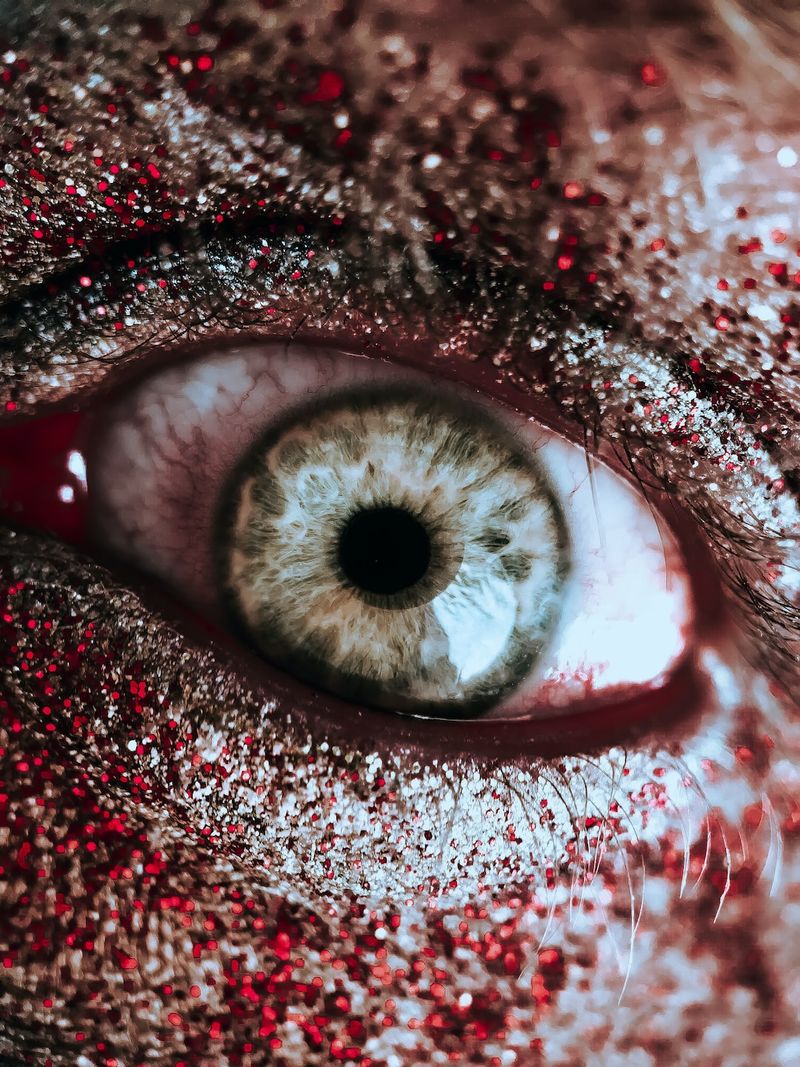Controversial Influencer Andrew Tate Charged with Rape and Human Trafficking
The Allegations
Controversial influencer Andrew Tate has been charged in Romania with rape, human trafficking, and forming an organized crime group to sexually exploit women. His brother Tristan and two associates also face charges. The Tate brothers were first arrested at their Bucharest home in December and have denied the allegations. According to the indictment deposited with the Bucharest court, the four defendants allegedly formed a criminal group in 2021 to commit human trafficking in Romania, as well as in other countries including the US and the UK. The indictment names seven alleged victims, who were purportedly recruited by the Tate brothers through false promises of love and marriage. Romanian prosecutors state that the victims were later taken to buildings in Ilfov county, where they were intimidated, placed under constant surveillance, and forced into debt. The women were allegedly then coerced into participating in pornography, which was later shared on social media. The indictment also includes an accusation of rape against one of the defendants.
The Trial and Potential Additional Charges
The trial is not expected to start immediately and is likely to take several years. A Romanian judge now has 60 days to inspect the case files before it can be sent to trial. The media team for the Tate brothers has expressed confidence in their eventual vindication, stating that they are eager to present a comprehensive body of evidence demonstrating their innocence. However, there are also separate charges still under investigation, including money laundering and trafficking of minors, which could lead to a separate indictment.
Andrew Tate’s Controversial Past
This is not the first time Andrew Tate has courted controversy. In 2016, he was removed from the British TV show Big Brother following a video that appeared to show him attacking a woman. He has also been banned from Twitter for stating that women should “bear some responsibility” for being sexually assaulted. Despite these social media bans, Tate has gained popularity, particularly among young men, by promoting what he presents as a hyper-masculine, ultra-luxurious lifestyle.
Philosophical Discussion: The Dark Side of Online Influencers
The Influence of Online Personalities
The rise of social media has led to the emergence of online influencers who amass a significant following and exert profound influence over their audience. These influencers can shape public opinion, promote products and lifestyles, and even play a role in political movements. However, the case of Andrew Tate highlights the dark side of this phenomenon. It underscores the potential dangers when individuals with problematic ideologies or questionable character are given a platform and influence over others.
The Fine Line Between Freedom of Expression and Responsibility
Andrew Tate’s controversial statements and behavior raise important questions about the limits of freedom of expression and the responsibility of online influencers. While freedom of speech is a fundamental right, it is essential to recognize that influential figures, particularly those with a large following, have a responsibility to exercise their influence responsibly. Promoting harmful ideologies and actions can have serious consequences, as evidenced by the charges brought against Tate.
The Role of Social Media Companies
The case of Andrew Tate also raises questions about the role of social media companies in regulating the content and behavior of the influencers who use their platforms. While Twitter temporarily banned Tate for his remarks about sexual assault, he has since been reinstated. This raises concerns about whether social media companies are doing enough to address harmful and dangerous content and whether stricter measures should be implemented to protect users from influencers who spread harmful ideologies or engage in criminal activities.
Editorial: The Need for Responsible Online Influence
The case of Andrew Tate serves as a reminder of the importance of responsible online influence. As individuals who command significant audiences, online influencers have a moral obligation to use their platforms for good and promote values that are ethical, inclusive, and respectful. It is crucial for influencers and their followers alike to critically evaluate the messages they consume and ensure that they do not contribute to the spread of harmful ideologies or the normalization of criminal behavior.
Furthermore, social media companies must take their responsibility seriously and implement stricter measures to prevent individuals like Andrew Tate from using their platforms to promote harmful content or engage in criminal activities. This includes a comprehensive review of their policies and enforcement mechanisms to ensure that they are effective in protecting users and preventing the dissemination of harmful ideologies.
Advice: Navigating the Online Influence Landscape
In a world where online influencers hold significant sway, it is essential for individuals to navigate the landscape with caution. Here are a few recommendations for consumers of online content:
1. Critical Evaluation
Exercise critical thinking when consuming content from online influencers. Consider the values, messages, and actions they promote and assess whether they align with your own moral compass. Do not blindly accept everything you see or hear, and be mindful of the potential consequences of supporting individuals who promote harmful ideologies or engage in questionable behavior.
2. Diverse Perspectives
Seek out a diverse range of perspectives and opinions. Following a variety of influencers with different backgrounds, beliefs, and values can help broaden your understanding and challenge your own biases. Engage in thoughtful discussions and consider different viewpoints before forming your own opinions.
3. Fact-Checking
Verify the accuracy of the information shared by influencers. Misinformation and disinformation are prevalent online, and it is crucial to fact-check claims before accepting them as truth. Look for credible sources and consult multiple sources to ensure you have a well-rounded understanding of the topic at hand.
4. Hold Influencers Accountable
Hold influencers accountable for their actions and statements. If you come across content that promotes harmful ideologies or engages in criminal behavior, report it to the appropriate platforms and authorities. By taking a stand against harmful content, you contribute to creating a safer online environment for everyone.
In conclusion, the case of Andrew Tate serves as a stark reminder of the potential dangers that can arise when individuals with problematic ideologies are given a platform and influence. It is crucial for both influencers and their followers to exercise critical thinking, evaluate the content they consume, and hold influencers accountable for their actions. Furthermore, social media companies must play a more active role in preventing the spread of harmful ideologies and criminal behavior on their platforms. By collectively striving for responsible online influence, we can help create a safer and more inclusive digital world.

<< photo by cottonbro studio >>
The image is for illustrative purposes only and does not depict the actual situation.




